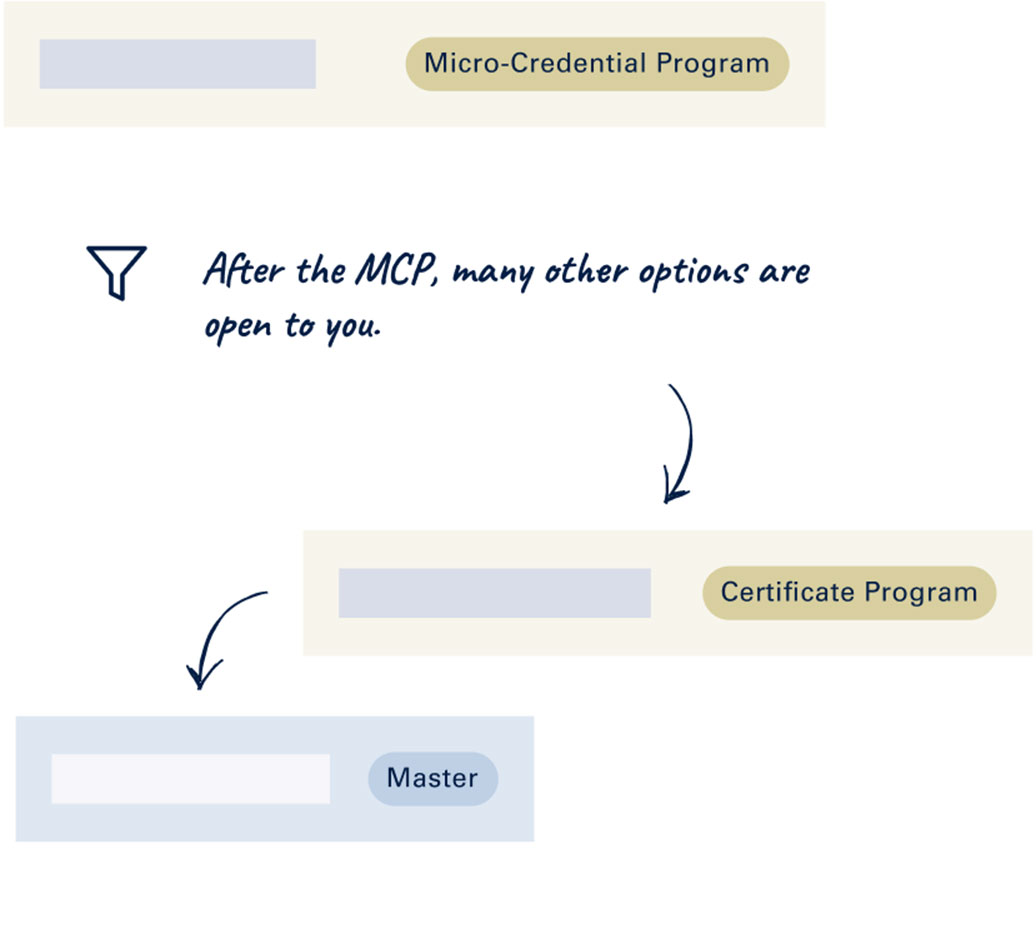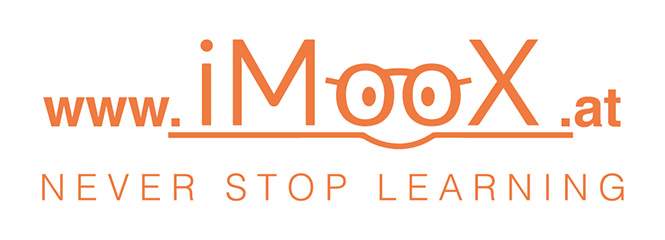-
Graduation
Certificate
-
ECTS-Points
6
-
Learning format
-
Start
continuously possible
-
Costs
EUR 100,-
-
Language
English
-

The 'CHePiCC online, MCP' is a Stackable Program and can be flexibly combined with other continuing education programs up to the 'Cultural Property Protection, MSc (CE)'. It can be completed at your own pace, independent of time and location, offering participants maximum flexibility and individual integration into their working lives.

Take a critical look at the challenges of climate change for cultural heritage protection and apply your theoretical knowledge to a concrete case study!
Ass.-Prof. Mag. Dr.
Anna Maria Kaiser
Study Program Director – Center for Cultural Property Protection
Any questions?
We’re here to help.

Ass.-Prof. Mag. Dr.
Anna Maria Kaiser
Study Program Director
Or contact us directly.
Benefit from our study program
- start at any time
- complete at your own pace, independent of time and place
- intensive reflection on the interdisciplinary content of the MOOC and its translation into a case study enables the practical transfer of conceptual knowledge to a current context
-
practice-oriented
-
trending topic
-
flexible
MOOC - Massive Open Online Course
A MOOC (Massive Open Online Course) is a freely accessible and openly licensed online course that is available to anyone who is interested, free of charge and independent of time and location. After registering on the online platform iMooX, the MOOC can be completed at your own pace.
Curriculum
The "CHePiCC online, MCP" (6 ECTS) can be completed at your own pace, independent of time and location.
Duration Module 1: 20 hours
Duration Module 2: 6 hours
Module 1: CHePiCC online - MOOC
Module 2: Reflecting Paper
-
Contents
Requirement: Successful completion of Module 1 (Course Certificate)
In this module you will summarise your experiences and insights from the four units of the MOOC (Module 1) in a reflective paper and critically discuss the content you have learnt. All four units of the MOOC have to be covered.
In this reflective paper, you will discuss what you took away from the MOOC, what was new to you, what you have learned, what you have enjoyed and what you would have liked to see covered in addition. At the same time, take a critical look at the aspects of the MOOC that you did not like.In addition to reflecting on the course content, you are required to include a case study on a cultural landscape or heritage site of your choice. For the case study, we encourage you to choose a cultural landscape or heritage site that you know well and that fascinates you personally - because it is close to where you live, because you like to visit it, because it has always fascinated you, because you know the challenges it has to face, etc.
Based on the content of the MOOC, you will describe the chosen case study, including visual material, and analyse the impact of climate change and climate-related risks or disasters on the chosen cultural heritage site or cultural landscape. The reasons for selecting the case study will also be explained.
This module will provide you with the opportunity to deepen your knowledge of cultural property protection, to discuss practical approaches and to engage with the challenges of climate change for cultural heritage.
Total length of the paper: 24,000 - 30,000 characters (including spaces)
Completion
The "CHePiCC online, MCP" consists of two modules:
Module 1 is the online course "CHePiCC online MOOC", which can be started at any time after registering on the online platform iMooX.
After completing the online course, you will receive an iMooX Course Certificate, which is a prerequisite for Module 2: Reflecting Paper of the MCP.
There is currently no set timeframe for completing the two modules.
Upon successful completion of both modules you will receive 6 ECTS credits. The total working time indicated on the certificate is 150 hours.
Study Program Director
The study program director is Anna Kaiser, Assistant Professor and Head of the Center for Cultural Property Protection. Her research themes predominantly orbit around the protection of cultural property, integrating a multidisciplinary approach that spans ancient history, military studies, and contemporary strategies for safeguarding heritage. Her methodological expertise lies in combining historical analysis with practical military training, emphasizing the application of strategies for protecting cultural heritage in conflict zones and disaster-prone areas.
Stackable Program
In combination with other continuing education programs, Stackable Programs can be combined to achieve an academic degree.


The Stackable Program offers me complete flexibility in the design of my studies.
Tatjana Kohl
Student
Registration
When registering for the "CHePiCC online, MCP", it is necessary to have successfully completed Module 1 beforehand: the iMooX Course Certificate must be uploaded during the registration process!
Registration process
- Download your iMooX Course Certificate: after completing the online course, your certificate will be available for download in your iMooX account.
- Click on the button "Register now" and upload your iMooX Course Certificate in the designated section of the form.
- Online registration: Prepare the required documents for uploading in the online tool (UWKonline). Corresponding forms and templates can be found in the "Downloads" section of the "Application" info page.
Register via the website of the University for Continuing Education Krems → Application (detailed instructions: "Guide for Online Application").
Micro-Credential Programs do not have their own study code. Please note the following instructions:
- when selecting the degree program - "Type of studies" (see Guide 3.2), you need to select "other studies"
- for the following "Degree program", you need to select the specification "UM 990 attending individual courses" - For faster administrative processing, please inform us about your successful online registration at studium.kgs@donau-uni.ac.at
- After your binding online registration you will receive an email with a final confirmation and information on submitting your Reflecting Paper.
Follow-up studies & programs
Tags

